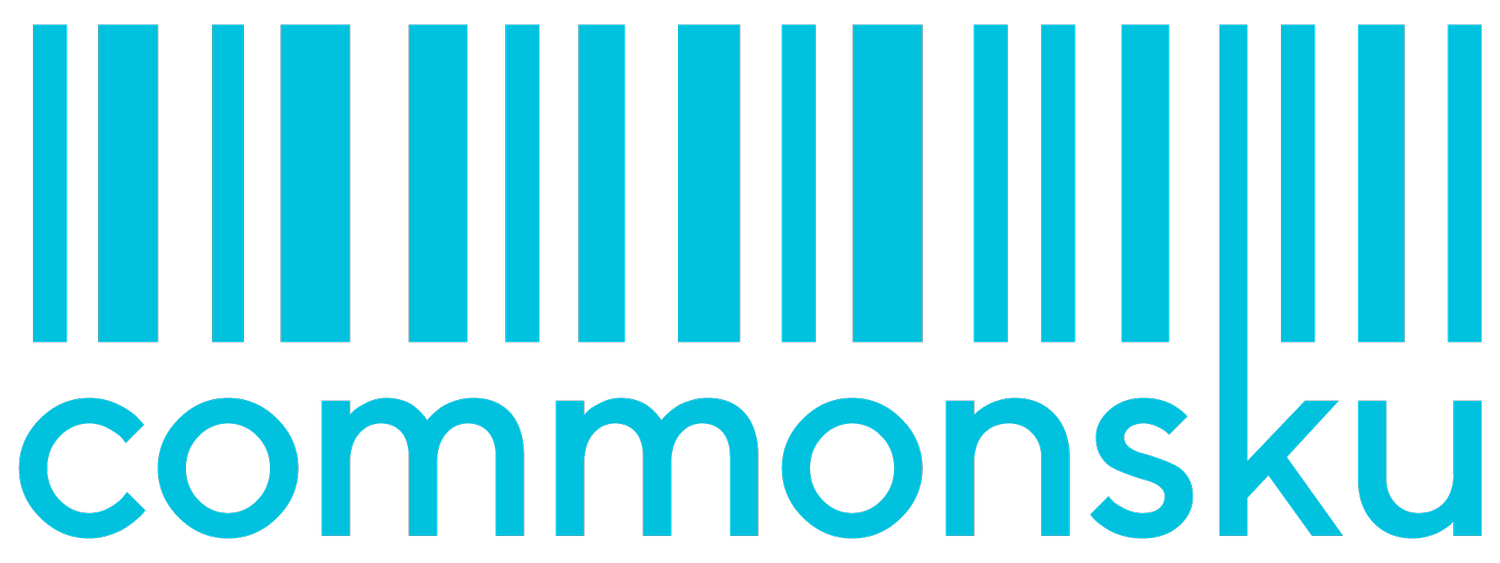7 Questions That Help You Focus and Find Your Personal Path to Success (Part 1: The Path to $10 Million)
Feels good. I’ve hit a level of sales that I’m proud of, I’ve worked hard, but … I now realize … future growth is all up to me: my sales, my prospecting, my relationships. Hiring one admin person helped, then another, but it’s not enough. I need to grow bigger, faster, yet I’m at capacity. If I had another person just like me, we could double our energies and really grow.
Sound familiar?
The thought crosses every entrepreneur’s mind at some point in their journey: If I had another person just like me.
This next step in the evolution of the entrepreneurial journey is a tricky one: How do you hire so that you proliferate sales growth. Hiring someone just like you could be a big mistake; you need to hire for the role that the business needs for its next season of growth. For example, do you hire an outside sales rep to focus on business development? Do you hire an inside sales rep to work with existing accounts while you focus on business development?
To answer these questions, you need to know your place in the journey, next. Here are seven questions that can help focus and clarify your next step toward success:
If you could remove all the busy work and focus on only one thing for your business, what would it be?
What part of the client relationship do you enjoy the most? Working on merchandising projects for the customer? Resolving problems for the customer? Seeking and landing new clients?
What work do you enjoy the most? Not position, or title, or status, but the work itself, the tasks; work that, when you are doing it, it is exhilarating, enjoyable, and time flies. Do you prefer working with people? Things? Numbers?
Another way of discovering this is to go over the past quarter’s success: What projects are you most proud of and why? What role did you play in their success?
What could you accomplish for your business if you were operating solely within your strengths or doing only the type of work you enjoy?
What do you see yourself doing five years from now in your organization?
Or, think of this scenario: It’s ten years down the road, you have all the help you need, and you can choose which job you will do, what will you focus on? Will you concentrate on managing the business? Selling?
You might enjoy multiple aspects of your work, in fact, the industry’s infinite variety usually appeals to the entrepreneur. But to maximize your efforts, you need to narrow your focus and specialize. It’s imperative that you discover your unique value to your business. It’s tempting to step in and fulfill whatever role is required, but this comes at a high cost: by focusing on need rather than strengths, you could spend a lot of negative energy in a role that you despise, which could lead to burnout and outrageous opportunity costs.
Strengths are not activities you’re good at; they’re activities that strengthen you. A strength is an activity that before you’re doing it, you look forward to doing it; while you’re doing it, time goes by quickly and you can concentrate; after you’ve done it, it seems to fulfill a need of yours.
– Marcus Buckingham
If you are still struggling with which role is right for you, consider taking a reputable personality test (like the Myers-Briggs personality test – our Vice President of Sales swears that this test is the best way to discover your strengths!)
Or, ask a few trusted customers their advice. You can sometimes transform customers into advocates by involving them in the next phase of your entrepreneurial journey.
Finally, if you still can’t determine your strengths or your preferences, pay close attention to your non-work life: What hobbies do you enjoy? Why do you enjoy them? What you do with your discretionary time is sometimes key insight into who you are and where you can best serve your company.
I once interviewed a quiet, demure woman who hardly said a word from the time I shook her hand. She was interviewing for a business development role and had experience in sales but, after some quiet and tense moments, I could not see this passive person as a successful sales driver. Out of exasperation, I finally said, “You don’t have to answer this but, are there any hobbies you enjoy outside of work? The reason I ask: there might be indicators in your hobbies that would help me understand you better and determine if this role is the right fit for you.”
“I’m a kickboxer,” she replied.
I laughed. In one statement, she told me she was driven, goal-oriented, and loved to win, an ideal sales candidate.
Thriving within your strengths and doing work you enjoy, is a far more pleasurable and productive journey to success. It means that you won’t waste a lot of energy (and time!) pursuing the wrong path. It dramatically reduces your opportunity costs, and it’s the primary starting point to building a capable team around you that can handle every aspect of running a successful business.
How do you get from $500,000 to $1 million in sales? How do you grow from $1 million to $3 million? What does it take to get to $10 million? This is the focus of our new series entitled, “The Path to $10 Million.” Our purpose is to provide insights for your entrepreneurial journey by sharing articles, tips, interviews, and a plan on how you can get to your first $10 million in sales. Stay tuned for our next topic: The Architect, the Sales Driver, and The Nurturer

